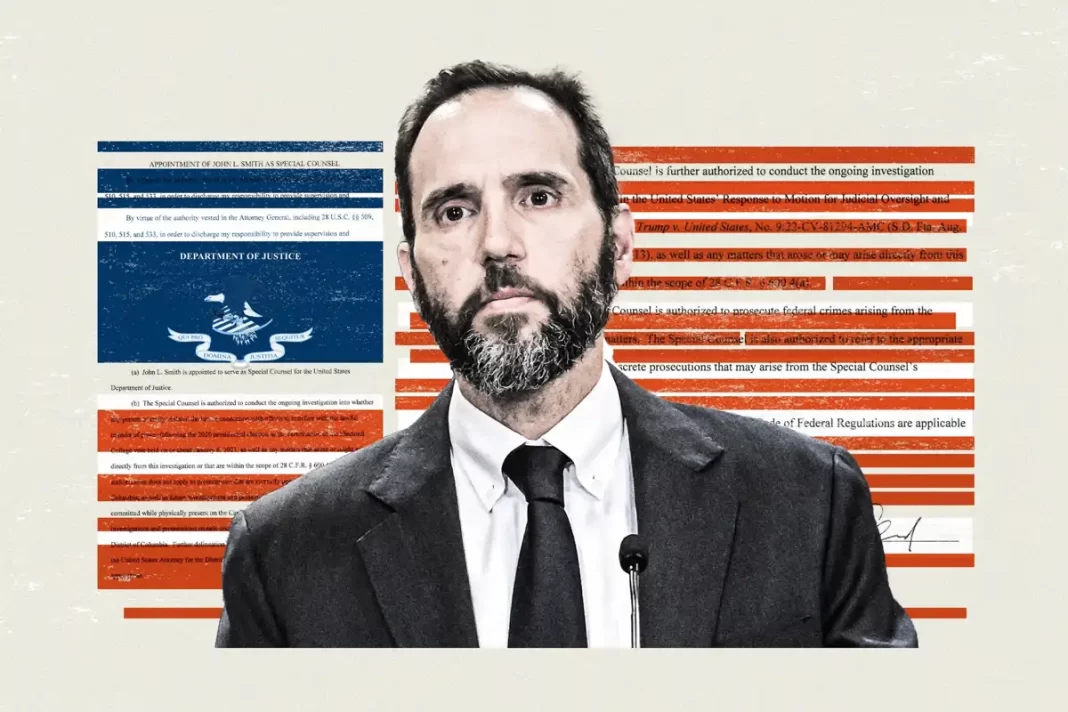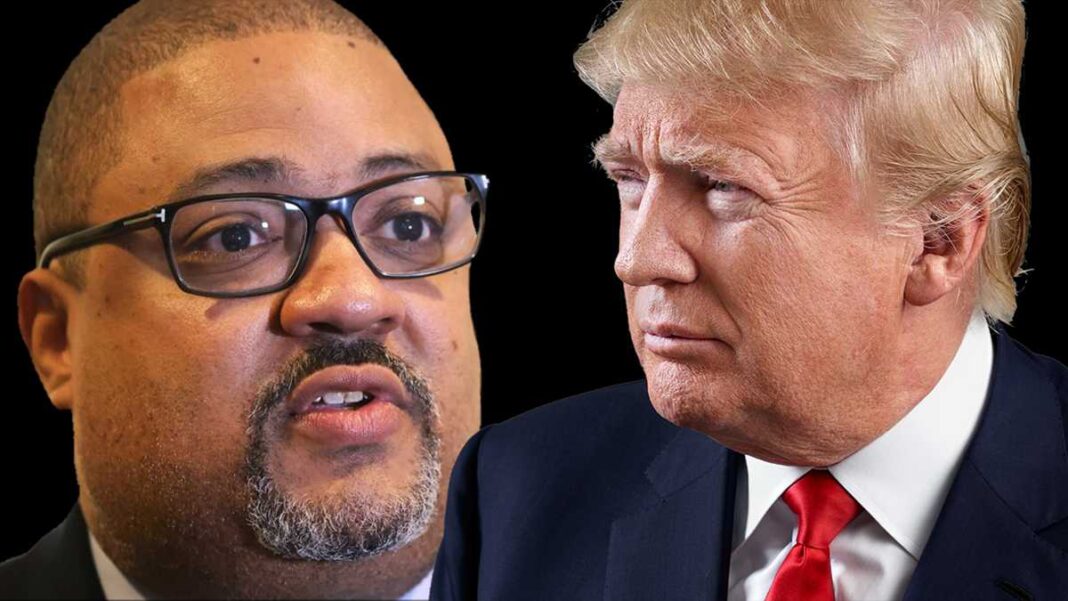The Florida judge will hear a motion to dismiss Trump’s case based on the argument that the special counsel was unlawfully appointed.
Days before Attorney General Merrick Garland appointed special counsel Jack Smith to investigate former President Donald Trump, experts who had been following the Justice Department investigations questioned its necessity. Mr. Smith was appointed on Nov. 18, 2022.
Would the appointment of an “independent” lead prosecutor undermine the Justice Department’s own appearance of independence from politics? Would the newly appointed prosecutor slow the case down?
Those concerns have now materialized, though not for the predicted reasons.
On June 22, U.S. District Court Judge Aileen Cannon will hear arguments on a motion to dismiss the classified documents case against President Trump based on the unlawful appointment of the special counsel. Experts who advanced this legal theory have told The Epoch Times they plan to participate as amici curiae, or friends of the court.
What Are Special Counsels For?
Attorneys general have been hiring special counsels since before the Justice Department was established in 1870, via a statute that specifically set guardrails on the hiring and payment of outside attorneys as special counsel.
A century later, Congress decided, with the Watergate scandal, there was a need for a truly independent prosecutor to investigate senior executive branch personnel, including the president. In 1978 Congress passed an ethics bill that created the Office of Independent Counsel.
While controversial, the law was reformed and reauthorized more than once before Congress let it expire in 1999.
Just before it expired, the Justice Department under Attorney General Janet Reno created its own set of regulations for appointing a special counsel.
The department determined that attorneys general may appoint a special counsel if a case “would present a conflict of interest for the Department or other extraordinary circumstances,” instructing the attorney general to then select someone from “outside the United States Government.”
These past few years, the Justice Department has found plenty of “extraordinary circumstances.”
In 2017, acting Attorney General Rod Rosenstein appointed special counsel Robert Mueller to investigate Russian interference in the 2016 presidential election.







